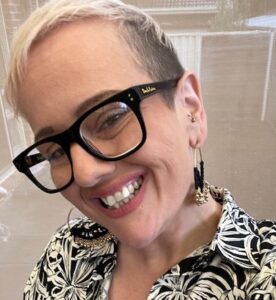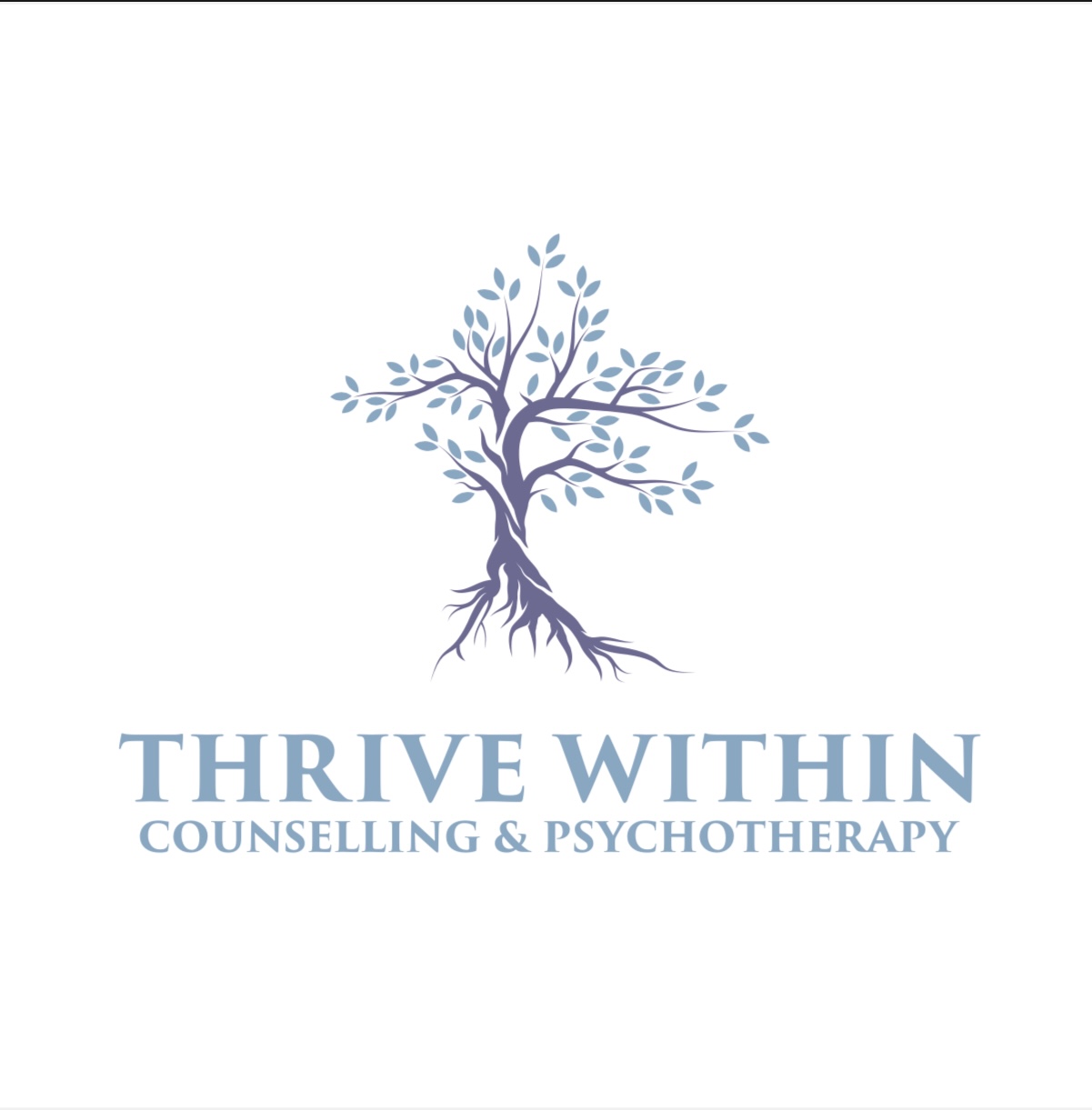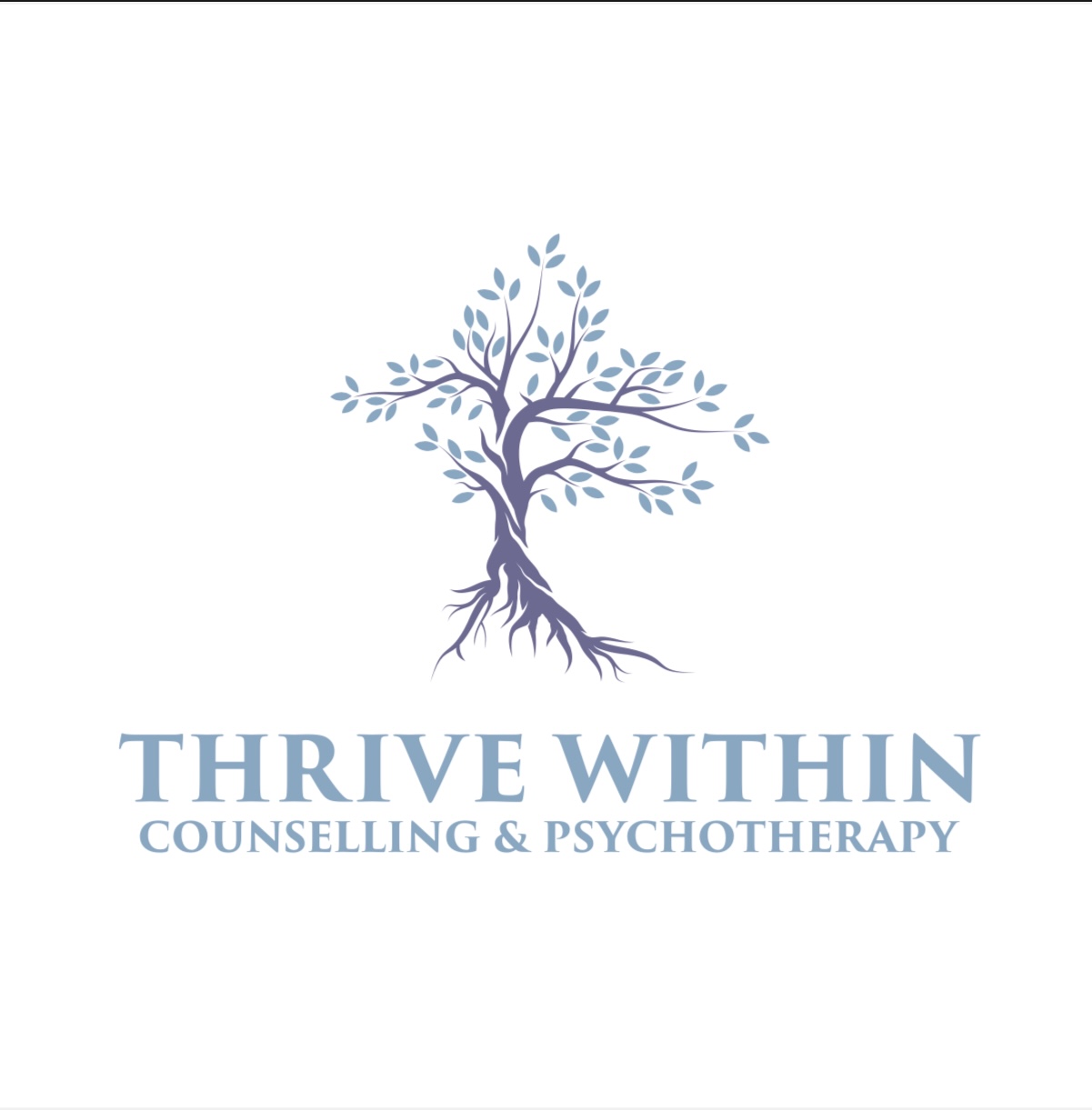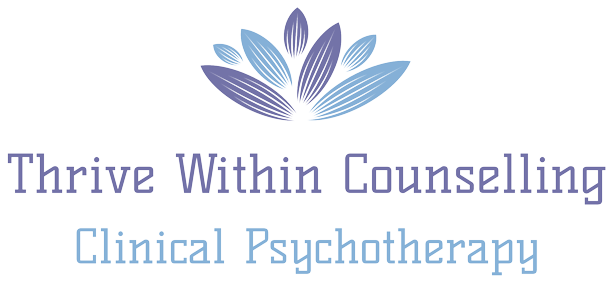Sarah began her Private Practice in 2011, in this time she has worked alongside people struggling with Alcohol and other Drug addictions, Bullying and Self Harm, Depression, Anxiety and dealing with borderline personality disorders and assisting families coming to terms with grief and loss after a death by suicide.
Taking the first step toward mental well-being is an important decision, and I’m here to support you every step of the way. My name is Sarah, and I’m a qualified counsellor with a passion for helping individuals navigate life’s challenges and find peace, clarity, and balance.
Whether you’re dealing with anxiety, stress, relationship difficulties, grief, or simply looking for guidance through life transitions, I offer a compassionate, non-judgmental space where you can explore your feelings and concerns. My approach combines evidence-based techniques with empathy and understanding, ensuring that each session is tailored to your unique needs and goals.
I believe in the power of conversation and the healing that comes from being heard. Together, we will work toward building a healthier, more fulfilling life.
If you’re ready to take the next step, I invite you to reach out. I offer a confidential, safe space for you to begin your journey toward emotional well-being.
Person-centered therapy is always at the forefront of Sarah’s clinical style and in addition also works from an integrative perspective, as no two clients are the same.
Sarah has a keen interest in working with clients who are struggling with alcohol and other drug addictions, stigma and coming to terms with being a part of the LGBTIQP+ community, working with clients who have a forensic history, clients who have been diagnosed with a mental health disorder, for example, depression, bipolar, anxiety, post-traumatic stress disorder to borderline personality disorder.
Sarah is a holistic, passionate, and eclectic practitioner, who is supportive, and encouraging, allows space for her clients to speak and is non-judgmental and empathic.
All clients have the choice if they would like Telehealth (Online) appointments or if they would prefer to see Sarah face to face in the comfort of their own home.
Sarah is registered with the Australian Counselling Association, Psychotherapy and Counselling Federation Australia and Australian Community Counselling Association– as a counsellor and clinical supervisor, the Australian Register of Counsellors and Psychotherapists (ARCAP) and is certified with the online counselling directory and psychology today.
Over the past 14 years Sarah has prided herself on acquiring diverse and evidence based training and undertaking professional development courses.
Completed Qualifications
- Masters in Counselling
- Post Graduate Certificate in Positive Behaviour Support
- Post Graduate Certificate in Counselling & Psychotherapy
- Post Graduate Certificate in Play Therapy
- Diploma in Mental Health
- Diploma in Alcohol and other Drugs
- Diploma in Leadership and Management
- Diploma in Cognitive Behaviour Therapy
Certificates
- Mental Health First Aid
- Applied Suicide Intervention Skills Training (ASSIST)
- Senior First Aid & CPR
- Clinical Supervision
- Child Safe Environments Training
- NDIS Registered Behaviour Support Practitioner
Counselling & Psychotherapy
What is Counselling and Psychotherapy?
Counselling & Psychotherapy is a talking therapy that aims at building a professional and therapeutic rapport of trust, enabling a client to feel safe to share their challenges, feelings, issues, and individual goals.
Counselling is usually more of a short-term process, drawing upon a client’s strengths, abilities to assist them to manage their own challenges and therefore requires exploring their challenges in less depth.
Psychotherapy is a longer-term process & looks to explore the possible underlining challenges of the presenting issues impacting on the client’s life & generally involves the counsellor & the client exploring deeper into the past experiences & life of the client in terms of their human development, thoughts – cognitive & behavioural patterns.
Psychotherapy can be more directive to support clients in dealing with psychological challenges such as depression, anxiety, or other mental health diagnosis.
Sarah will sit alongside you to hold space, whilst you navigate the challenges that are causing you internal and external pain and anguish.
Benefits to Counselling & Psychotherapy
· Working through interpersonal relationship issues with friends, partners and or family
· Working in a safe space to talk about mental health illnesses and what this might mean for you
· Career changes and or life changes
· Building on strengths and improving ways to communicate with those around you
· Working through grief and loss and coming to terms with life after a death
· Stress management techniques
· Working through loneliness and isolation
· Learning new ways to deal with complex emotions without the need to self -harm or engage in substance use and or harmful behaviours
Counselling & Psychotherapy Approaches and therapy methods.
Sarah has experience and alternates within the following integrative approaches
· Person-centered Approach
· Solution Focused
· Motivational Interviewing
· Humanistic Approach
· Cognitive Behaviour Therapy
· Dialectical Behaviour Therapy
· Mindfulness approaches
· Narrative Therapy
· Systemic Therapy
· Creative Therapy (Art)
. Play Therapy
. Positive Behaviour Support Practitioner
What is EAP counselling?
An EAP counselling program is a confidential employer-employee program that provides aid and support to individuals facing personal or work-related problems.
Sarah can assist with some of the most common EAP presenting problems
- Relationship issues
- Anxiety and worry
- Depression and low mood
- Family problems
- Conflict at home or work
- Marital break-down
- Grief management
- Stress Management
- Suicide and suicidal thoughts
- Decision making
- Anger management
- Life stages
- Well-being and coaching
- Sleep difficulties
- Career Management
- LGBTQI+, gender and sexuality
Benefits to EAP
- EAP can improve your overall health and wellbeing
- EAP counselling is to resolve both work & personal problems before they impact adversely on work performance & general well-being.
- Reduce work related stress levels
- Assist with an prevent workplace burnt out and compassion Fatigue
- Prevent long periods of time away from work
- Space for a client to work through any work-related stress factors
- Assist staff after a critical incident
- Assist with work-p[lace conflict resolution
- Reduced absenteeism and stress
- Improved staff satisfaction
What is Counselling or Psychotherapy Supervision?
Supervision in counselling. Psychotherapy is when a therapist uses the services of another counsellor or psychotherapist to review the way they work with their clients. Supervision is a requirement by Australian Counselling Association or Psychotherapy and Counselling Federation of Australia (PACFA) to ensure all counsellors in practice are keeping their skills up to date and that they work in a safe and ethical way.
Benefits to Supervision
- Enhanced accountability for the counsellor / Psychotherapist
- Increased feeling of support
- Feedback gained and guidance given
- Development of professional skills and improved efficacy
- Designated time to reflect on counselling practice
- Opportunity to recognise personal and professional strengths
- Opportunity to increase professional confidence
- Space to identify areas of improvement
- Time to discuss work-related issues in confidence
- Explore your personal responses to work
- Prevention of compassion fatigue and burn-out
“I establish this safety by using a person-centred approach to supervision. The creation of a safe environment is an extremely important aspect of supervision, and it allows the supervisees to be vulnerable and to grow through learning about themselves and themselves as professional counsellors, leaving them feeling free to disclose areas of difficulty and/or dilemmas within their clinical practice.”
Supervision Approach
Sarah Short approaches supervision from an integrative and collaborative framework, utilizing the RISE UP model of Supervision. Using an integrative approach to supervision is important, primarily because it allows Sarah to be flexible in their approach to supervision. This approach to supervision also allows Sarah to be open to working with a wide range of counselling practitioners, sharing knowledge and experience from different frameworks. Not only does this flexible approach help build a healthy learning environment in the supervisory relationship, but it also teaches supervisees new skills, through modelling.
In Supervision, Sarah will focus and give particular attention to the Supervisees professionalism and skills, within the boundaries of their level of development and experience and will give feedback and guidance around the following.
- Ethical behavior
- Counselling Skills
- Written and Verbal communication
- Legal and ethical expectations
- Personal awareness
- Transference and countertransference
- Ability to case formulate
- Time management and organizational skills
- Self-reflections and the ability to self-evaluate
Counselling Supervision Model “RISE UP”
Sarah practices counselling supervision via the “Rise Up” model, developed by Philip Armstrong, CEO of the Australian Counselling Association (ACA). This supervision model consists of four important steps:
- Identifying possible mental and/or emotional health issues for the supervisee. Discussing this step will allow you to have a long and productive career as a practical and functional therapist.
- Challenging the counsellor-supervisee’s use of theories, modalities, and ethics in relationship to the client. The purpose of this step helps you to learn and expand your knowledge base of theory and practical applications.
- Assisting the counsellor-supervisee to develop further as a professional within the accepted guidelines via self-reflection. This is an obvious element of quality control, necessary within the profession, that will enhance your legal and ethical practice skills.
- Providing the counsellor-supervisee with business-building skills and career development opportunities. This step will allow you to become a well-rounded, well-respected professional with the industry.
Services I offer
- One on One Supervision
By far the most popular format for supervision, as this allows the Supervisee to have time to focus of their individual practice and enable an opportunity for person growth. This format allows you to build a strong supervisory relationship with Sarah as your supervisor, in more depth and it tailored to your individual needs.
- Group Supervision
This form of supervision is slowly becoming popular amongst counsellors and psychotherapies as it is more cost-effective for you. It will give you’re an opportunity to interact with other counsellors and psychotherapists and hear an array of different topics that are brought to supervision. This can be very beneficial if you are in the early stages of building your practice; enjoy interactions with other counsellors; and if you want to engage in professional supervision at a reduced rate. The group will be capped at 6 participants
Mindset Coaching
What is mindset Coaching?
Mindset Coaching is a type of talking therapy that focuses on a client’s existing core beliefs and patterns in they way you think.
Sarah will assist you in being able to recognise your negative mindset and suggest ways to shift and changes these ‘concrete’ thinking styles that are holding you back.
Sarah will guide you to be able to see your life through a new lens with more optimism and perspective, so you can reach your personal goals and objectives.
Benefits to Coaching
· Seeing your negative thinking styles and how they are holding you back
· Learning new ways to respond to things in our life
· Resetting to encompass a new positive mindset that you will assist you in making more positive life decisions
· Making you accountable and assisting you with motivation to succeed in life
· Assistance with seeing your best attributes and limiting your self-doubt, self-belief, which will enable you to rise above and achieve all that life has to offer you
Different types of mindset coaching
· Mindset Business Coach – This type of coach may focus on healthy mindsets around leadership, mentoring, corporate relations or communicating in the business environment.
· Entrepreneur Mindset Coaching – If you’re an entrepreneur, you may want to work with a mindset coach who specialises in the struggles that business owners tend to go through.
· Performance Mindset Coaching – If you’re someone who struggles to perform on the big stage or deliver their best on a consistent basis, this type of coach could be the one for you.
· Success Mindset Coaching – A success mindset coach may specialise in dealing with self-sabotage, limiting beliefs, or setting and reaching ambitious goals.
· Positive Mindset Coaching – If you’re an internal pessimist who constantly makes fear-based decisions, this is likely to affect you in all areas of life. In such a situation, positive mindset coaching could be just the cure.
Frequently Asked Questions (FAQ) Do you accept Mental Health care plans? – Unfortunately, no, as Counsellors and Psychotherapists are not covered under the Medicare scheme. However we offer sliding scale appointments. Do I need a GP referral? – No. You are free to refer yourself to thrive within counselling and psychotherapy How long are your sessions? – You can book 60- or 90-minutes sessions How frequent are sessions? – Sessions are typically on a weekly basis. However, depending on the severity of the issues you’re facing, twice weekly could be discussed. What is your fee? – Please contact directly to discuss rates and your individual circumstances and needs. How can payments be made? – An invoice is sent and needs to be paid 24 hours prior to appointment – Alternatively, you can pay over the phone prior to your session with a credit card. What online platform do you use for telehealth appointments? – Prior to your first session you will be emailed a link to download the zoom platform which is free What is your Cancellation policy? – We require 24 hours notice of a cancellation, to avoid a 50% cancellation fee. How do I know if Counselling is for me? – If you’re feeling overwhelmed, struggling with negative emotions, or going through a difficult life transition, counselling can be incredibly helpful. It’s a safe space to explore your thoughts, feelings, and behaviors with someone who listens without judgment. If you’re unsure, a consultation can help you decide if counselling is a good fit for your needs What should I expect during my first session? – In your first session, we’ll take time to get to know each other. I’ll ask about your concerns, your background, and what you hope to achieve from counselling. This is a relaxed, confidential conversation, and we will discuss any questions or concerns you may have. By the end of the session, we’ll have a plan for our future work together. |

-
Initial phone call (15mins) FREE
This time is for individuals to meet Sarah to ascertain if Thrive Within would be a suitable service for you.
-
In Home Counselling (50mins) $180.00
Sarah will attend and conduct you session in the comfort of your own home.
-
Community Counselling (50mins) $180.00
Sarah will meet individual in the community to facilitate the counselling session
-
Online - Telehealth Counselling (50mins) $150.00
A secure zoom link will be sent to you either via a nominated email address or phone number.
-
EAP Appointments (50mins) $200.00
Sarah will facilitate sessions, either at your place of work, in your home or via an online platform.
-
Clinical Supervision - Counselling (1 hour) $100.00
Sarah will deliver supervision either face to face in the comfort of your home or online platform can be made available.
-
Clinical Supervision - Behaviour Support Practitioner (1 hour) $100.00
These sessions will be delivered via secure online platform
-
Mindset Coaching (1 hour) $250.00
These sessions will be delivered face to face or via a secure online platform.









Contact Sarah
“Thrive within Counselling & Psychotherapy acknowledges the Traditional Owners of Country throughout Australia. We pay our respects to Elders past, present and emerging”
